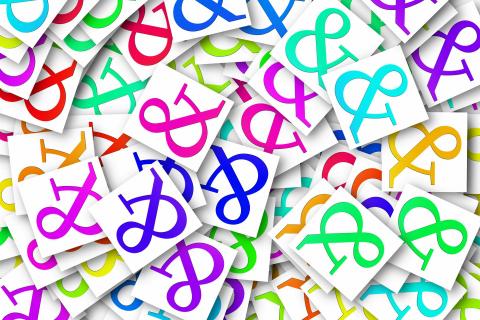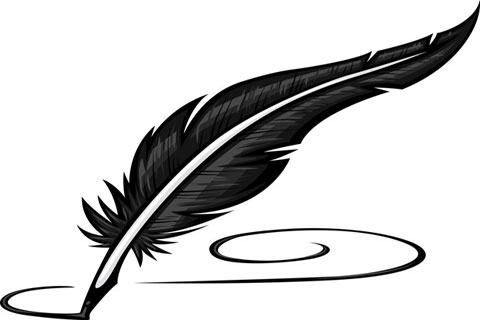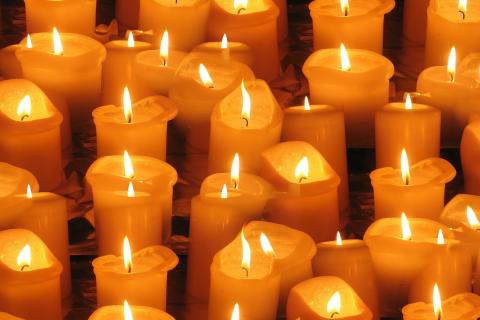“Wat ben jij er voor één?” vroegen zij, en het eendje wendde zich naar alle kanten en groette zo goed het kon.
Literal Breakdown
| Recording | English | Dutch | Learn |
|---|---|---|---|
| what | wat | ||
| are (2nd person singular, in questions) | ben | ||
| you (singular, emphatic) | jij | ||
| there | er | ||
| for | voor | ||
| one (1) | één | ||
| asked (plural) | vroegen | ||
| they | zij | ||
| and | en | ||
| the (neutral) | het | ||
| duckling | eendje | ||
| turned | wendde | ||
| himself | zich | ||
| to | naar | ||
| all (long form) | alle | ||
| sides | kanten | ||
| and | en | ||
| greeted | groette | ||
| so | zo | ||
| good | goed | ||
| it | het | ||
| could (singular) | kon |
Summary
The Dutch translation for ““What kind are you?” they asked, and the duckling turned in all directions and greeted them the best way he could.” is “Wat ben jij er voor één?” vroegen zij, en het eendje wendde zich naar alle kanten en groette zo goed het kon.. The Dutch, “Wat ben jij er voor één?” vroegen zij, en het eendje wendde zich naar alle kanten en groette zo goed het kon., can be broken down into 22 parts:"what" (wat), "are (2nd person singular, in questions)" (ben), "you (singular, emphatic)" (jij), "there" (er), "for" (voor), "one (1)" (één), "asked (plural)" (vroegen), "they" (zij), "and" (en), "the (neutral)" (het), "duckling" (eendje), "turned" (wendde), "himself" (zich), "to" (naar), "all (long form)" (alle), "sides" (kanten), "and" (en), "greeted" (groette), "so" (zo), "good" (goed), "it" (het) and "could (singular)" (kon).Examples of "“What kind are you?” they asked, and the duckling turned in all directions and greeted them the best way he could." in use
There is 1 example of the Dutch word for "“What kind are you?” they asked, and the duckling turned in all directions and greeted them the best way he could." being used:| Recording | English | Dutch | Learn |
|---|---|---|---|
| The ugly young duckling | Het lelijke jonge eendje |
Practice Lesson

Lesson words



